Pregnancy is a life-changing journey, and confirming it accurately is the first step toward proper prenatal care. A pregnancy blood test is one of the most reliable methods to detect pregnancy early and ensure accurate results.
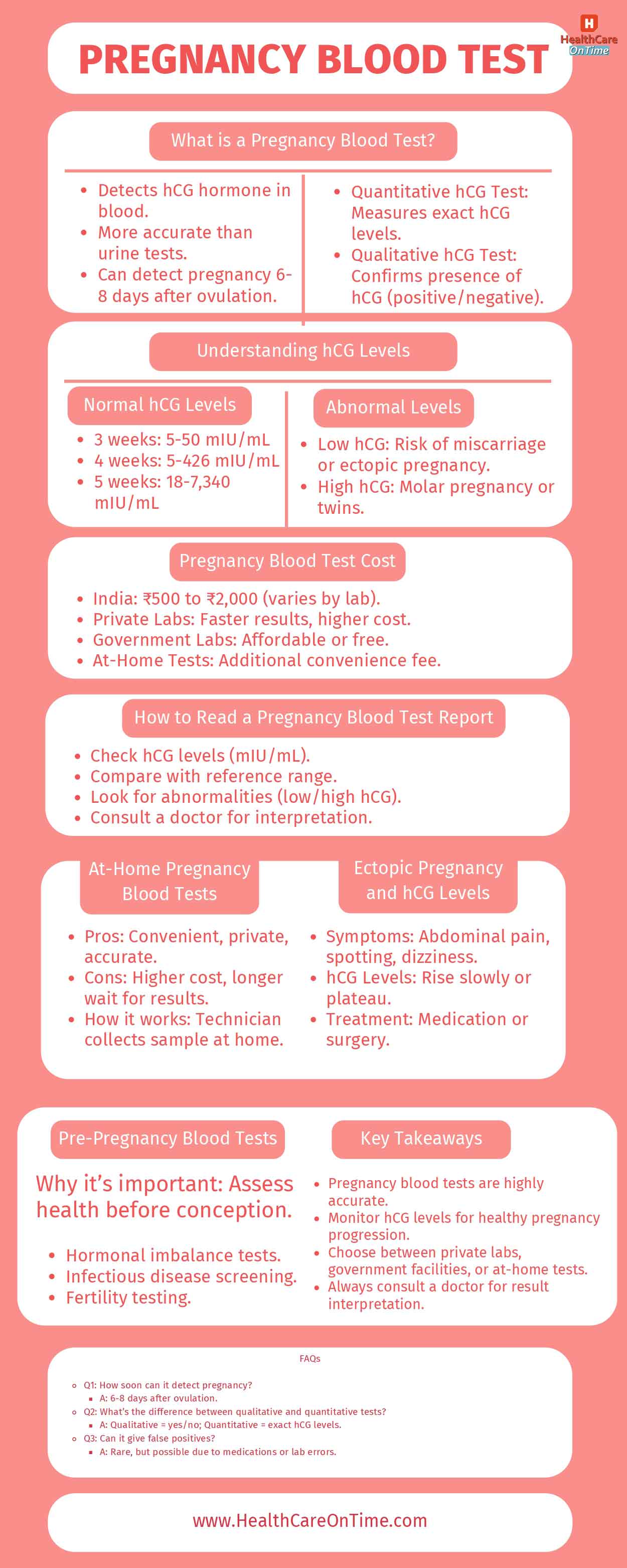
Unlike home urine tests, a pregnancy blood test measures the exact level of the hCG hormone (human chorionic gonadotropin) in your bloodstream, which is produced after a fertilized egg attaches to the uterine lining.
This article, titled “Pregnancy Blood Test: A Comprehensive Guide”, will walk you through everything you need to know about pregnancy blood tests. From understanding the types of tests (quantitative and qualitative) to interpreting pregnancy blood test results, we’ll cover it all.
You’ll also learn about the cost of pregnancy blood tests, how to read a pregnancy blood test report, and even options for at-home pregnancy blood tests. Whether you’re looking for a pregnancy blood test near me or curious about hCG levels, this guide has you covered.
Let’s dive into the details and explore how pregnancy blood tests can help you confirm your pregnancy and ensure a healthy start to this incredible journey.
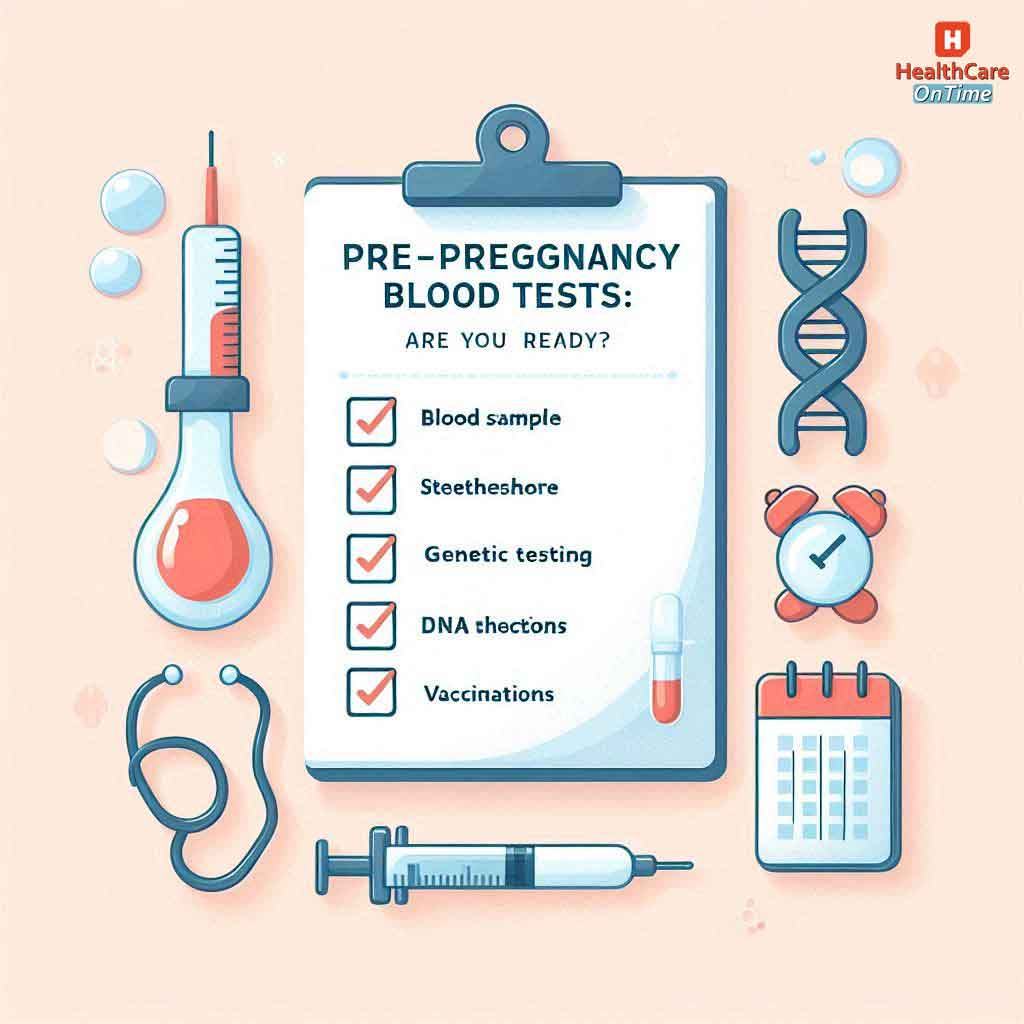
What is a Pregnancy Blood Test?
A pregnancy blood test is a medical procedure used to confirm pregnancy by detecting the presence and level of the hCG hormone (human chorionic gonadotropin) in your blood. This hormone is produced by the placenta shortly after a fertilized egg attaches to the uterine lining, making it a reliable marker for pregnancy.
Unlike urine tests, a pregnancy blood test is more sensitive and can detect pregnancy even before a missed period.
There are two main types of pregnancy blood tests:
- Quantitative hCG Test: This test measures the exact amount of hCG levels in your blood. It is often used to monitor the progression of pregnancy and detect potential issues like ectopic pregnancy or miscarriage.
- Qualitative hCG Test: This test simply confirms whether hCG hormoneis present in your blood, giving a “positive” or “negative” result.
One of the key advantages of a pregnancy blood test is its accuracy. While home urine tests can sometimes give false results due to diluted urine or improper usage, a pregnancy blood test is performed in a controlled lab environment, ensuring reliable results.
Additionally, it can detect pregnancy as early as 6-8 days after ovulation, making it a preferred choice for early pregnancy detection.
Whether you’re confirming pregnancy for the first time or monitoring hCG levels during early pregnancy, a pregnancy blood test provides the clarity and accuracy you need.
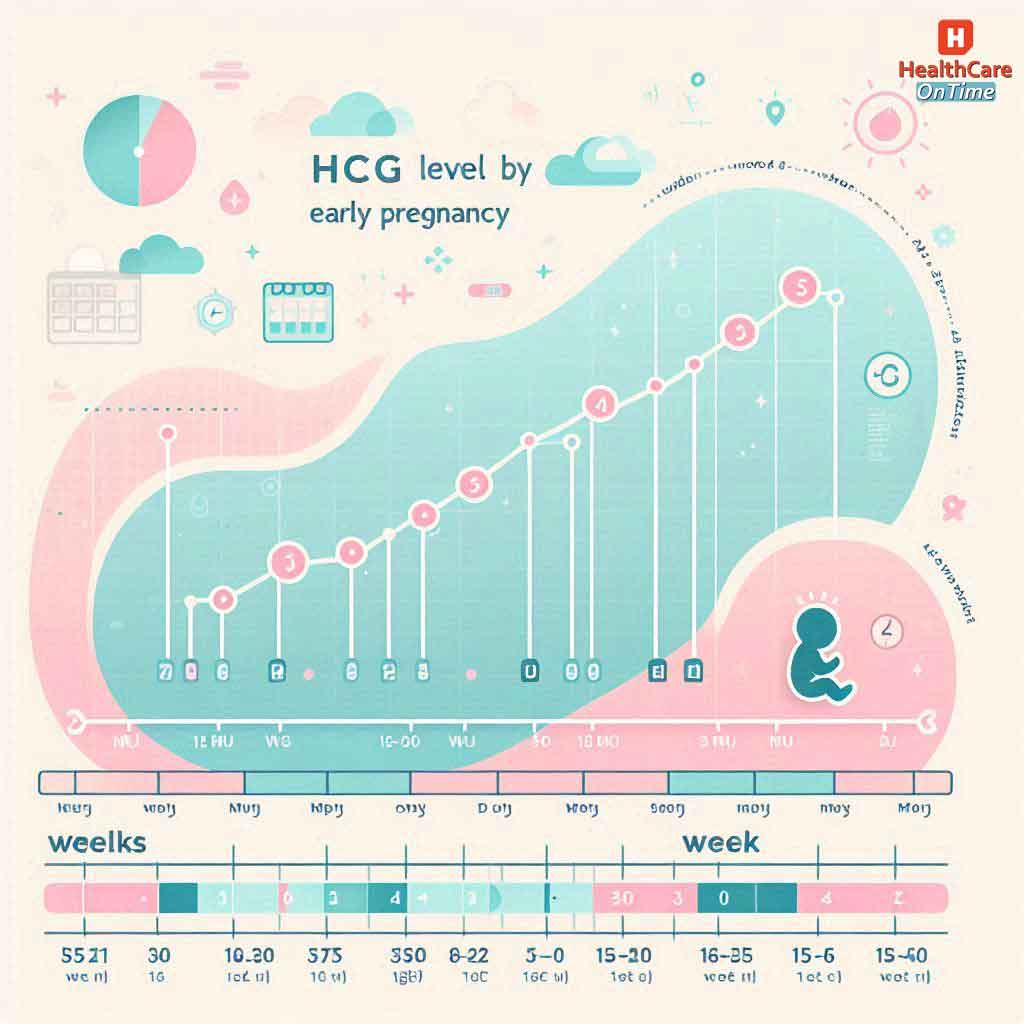
Understanding Pregnancy Blood Test Results
Once you’ve taken a pregnancy blood test, understanding the results is crucial for confirming your pregnancy and ensuring everything is progressing as it should. Pregnancy blood test results primarily revolve around the measurement of hCG levels (human chorionic gonadotropin), a hormone produced during pregnancy.
A positive pregnancy test indicates the presence of hCG hormone in your blood, confirming pregnancy. However, the results go beyond just a simple positive or negative. The hCG levels chart provides a detailed breakdown of what your hCG levels should be at different stages of pregnancy. For example:
- In early pregnancy, hCG levels typically double every 48 to 72 hours.
- By week 4-5, hCG levels range between 1,500 and 50,000 mIU/mL.
Abnormal hCG levels can indicate potential issues. For instance, low hCG levels might suggest a risk of miscarriage or an ectopic pregnancy, while high hCG levels could indicate a molar pregnancy or multiple pregnancies. In cases of ectopic pregnancy hCG levels, the hormone may rise more slowly than in a normal pregnancy.
It’s also important to note that false positive results can occur, though they are rare. Factors like certain medications or medical conditions can sometimes lead to inaccurate results. To ensure proper interpretation of your pregnancy blood test results, always consult your healthcare provider. They can help you understand your hCG doubling time and what it means for your pregnancy.
Pregnancy Blood Test Cost and Affordability
When considering a pregnancy blood test, understanding the pregnancy blood test cost is an important factor for many individuals. The price of a pregnancy blood test can vary depending on several factors, including the type of test, the location, and whether you choose a private or government facility.
In countries like India, the pregnancy test price in India typically ranges from ?500 to ?2,000, depending on the lab and city. For those opting for private lab testing, the cost of private pregnancy blood tests may be higher but often comes with faster results and better customer service.
On the other hand, government hospitals and clinics may offer affordable pregnancy blood tests at a lower cost or even for free in some cases.
Another option to consider is an at-home blood test, where a lab technician collects your sample from the comfort of your home. While this service adds convenience, it may also increase the overall pregnancy blood test cost.
Additionally, some insurance plans provide insurance coverage for pregnancy tests, so it’s worth checking with your provider to see if you’re eligible for reimbursement.
To find the most affordable pregnancy blood tests, compare prices across different labs and regions. Many diagnostic centers also offer discounts or packages for prenatal testing, which can help reduce costs.
Whether you’re looking for a pregnancy blood test near me or exploring private lab options, understanding the pregnancy blood test cost ensures you can make an informed decision without breaking the bank.
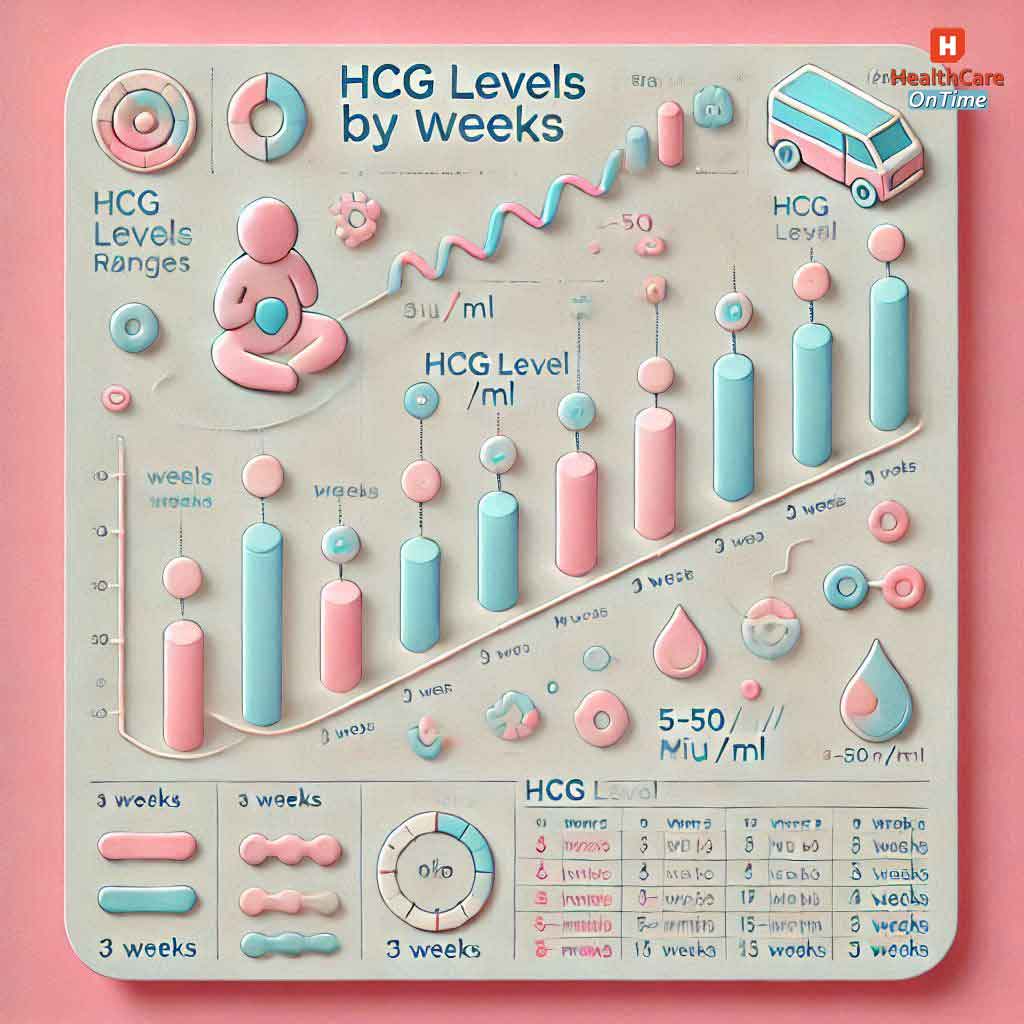
How to Read a Pregnancy Blood Test Report
After taking a pregnancy blood test, receiving and understanding your pregnancy blood test report is the next crucial step. A pregnancy blood test report provides detailed information about your hCG levels and what they mean for your pregnancy. Here’s a step-by-step guide to help you interpret your results:
- Check for hCG Levels: The report will display your hCG levels in early pregnancy, measured in milli-international units per milliliter (mIU/mL). Normal hCG levels vary depending on how far along you are. For example:
- 3 weeks: 5-50 mIU/mL
- 4 weeks: 5-426 mIU/mL
- 5 weeks: 18-7,340 mIU/mL
- Look for Abnormalities: If your hCG levels are significantly higher or lower than the expected range, it could indicate potential issues. Abnormal hCG levels might suggest a risk of miscarriage, ectopic pregnancy, or other complications.
- Review the Reference Range: Most reports include a reference range for normal hCG levels by week. Compare your results to this range to see if they fall within the expected parameters.
- Consult Your Doctor: While the report provides valuable information, it’s essential to seek doctor consultation for report interpretation. Your healthcare provider can explain what your hCG levels mean and recommend next steps, such as additional tests or monitoring.
For reference, a positive pregnancy blood test report sample might look like this:
- hCG Level: 1,200 mIU/mL
- Reference Range: 1,080-56,500 mIU/mL (4-5 weeks)
- Interpretation: Positive for pregnancy, within normal range.
Understanding your pregnancy blood test report empowers you to take the next steps in your pregnancy journey with confidence.
Finding a Pregnancy Blood Test Near Me
When you need a pregnancy blood test, finding a reliable Like Health Care On Time and convenient location is essential. Searching for a pregnancy blood test near me can help you locate nearby diagnostic centers, private labs, or clinics that offer this service. Here’s how to find the best options:
- Local Diagnostic Centers: Many cities have local diagnostic centers that specialize in pregnancy tests and other medical screenings. These centers often provide walk-in services, making it easy to get tested without an appointment.
- Private Pregnancy Blood Test Labs: If you prefer faster results and personalized service, consider visiting a private pregnancy blood test lab. These labs typically offer advanced testing options and quicker turnaround times for results.
- At-Home Blood Test Services: For added convenience, some labs offer at-home blood test services, where a technician visits your home to collect the sample. This is an excellent option for those who prefer privacy or have difficulty traveling.
- Affordable Testing Options: If cost is a concern, look for affordable pregnancy blood tests at government hospitals or community health centers. Many of these facilities offer low-cost or free testing for eligible individuals.
- Online Search Tools: Use online directories or search engines to find pregnancy blood test near me Websites like Google Maps or healthcare platforms can provide reviews, ratings, and contact information for nearby labs.
Whether you’re looking for a walk-in pregnancy blood test or a private lab with advanced services, finding a pregnancy blood test near me ensures you get the care you need quickly and conveniently.
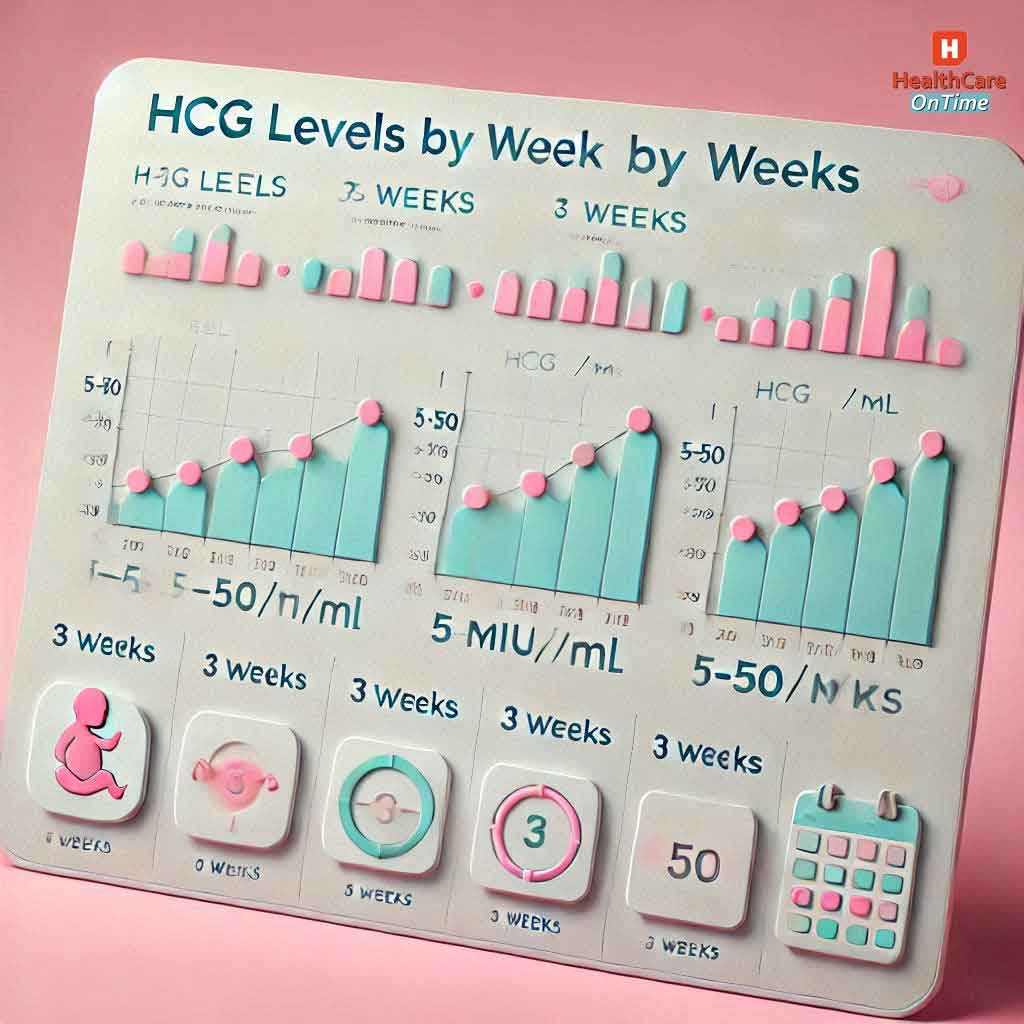
Pregnancy Blood Test Levels: What Do They Mean?
Understanding pregnancy blood test levels is crucial for monitoring the health and progression of your pregnancy. These levels are determined by measuring the amount of hCG hormone (human chorionic gonadotropin) in your blood, which plays a key role in supporting pregnancy.
Here’s a breakdown of what pregnancy blood test levels mean at different stages:
- Normal hCG Levels by Week:
- 3 weeks: 5-50 mIU/mL
- 4 weeks: 5-426 mIU/mL
- 5 weeks: 18-7,340 mIU/mL
- 6 weeks: 1,080-56,500 mIU/mL
These ranges can vary slightly depending on the lab, but they provide a general guideline for what to expect.
- Low hCG Levels: Low hCG levels may indicate a potential issue, such as a risk of miscarriage or an ectopic pregnancy. However, in some cases, low levels simply mean that the pregnancy is very early, and follow-up testing may be needed.
- High hCG Levels: High hCG levels could suggest a molar pregnancy, multiple pregnancies (e.g., twins or triplets), or a miscalculation of the pregnancy timeline. Your doctor may recommend additional tests to determine the cause.
- hCG Levels in Ectopic Pregnancy: In cases of ectopic pregnancy, hCG levels may rise more slowly than in a normal pregnancy. This is often accompanied by symptoms like abdominal pain and spotting, which require immediate medical attention.
- hCG Levels in Miscarriage: If a miscarriage occurs, hCG levels will typically drop over time. Monitoring these levels can help confirm the loss and ensure that no further medical intervention is needed.
By understanding your pregnancy blood test levels, you can gain valuable insights into the health of your pregnancy and take appropriate steps with the guidance of your healthcare provider.

Pregnancy Blood Test at Home: Pros and Cons
For those who prefer convenience and privacy, a pregnancy blood test at home can be an attractive option. These tests allow you to collect a blood sample in the comfort of your home, which is then sent to a lab for analysis. However, like any medical test, there are both advantages and disadvantages to consider.
Pros of At-Home Pregnancy Blood Tests:
- Convenience: With at-home pregnancy blood test kits, you don’t need to visit a lab or clinic. A technician can come to your home to collect the sample, saving you time and effort.
- Privacy: For individuals who prefer to keep their pregnancy testing confidential, at-home blood test services offer a discreet option.
- Accuracy: Just like lab-based tests, at-home pregnancy blood tests measure hCG levels with high accuracy, making them a reliable choice for early pregnancy detection.
- Ease of Use: Most at-home blood test kits come with clear instructions, making the process simple and straightforward.
Cons of At-Home Pregnancy Blood Tests:
- Cost: The cost of at-home blood tests is often higher than visiting a lab directly, as it includes additional fees for sample collection and transportation.
- Waiting Time: While the sample collection is done at home, you may still need to wait a few days for the results, depending on the lab’s processing time.
- Limited Follow-Up: If your results are abnormal or require further explanation, you may still need to visit a healthcare provider for additional tests or consultation.
How to Collect a Blood Sample at Home:
- Most at-home pregnancy blood test kits include a finger-prick device to collect a small blood sample.
- Alternatively, some services send a trained technician to your home to draw blood using standard methods.
If you’re considering a pregnancy blood test at home, weigh the pros and cons of at-home testing to determine if it’s the right choice for you. For many, the convenience and privacy outweigh the additional cost, making it a popular option for early pregnancy confirmation.
Pre-Pregnancy Blood Test for Females
Planning for a healthy pregnancy starts even before conception, and a pre-pregnancy blood test for females is a crucial step in this process. These tests help assess your overall health, identify potential risks, and ensure you’re physically prepared for pregnancy. Here’s what you need to know about pre-pregnancy blood tests:
Why Are Pre-Pregnancy Blood Tests Important?
- Assess Overall Health: A pre-conception health checkup can identify underlying health conditions, such as diabetes or thyroid disorders, that could affect your pregnancy.
- Detect Hormonal Imbalances: Tests like hormonal imbalance tests can evaluate your reproductive health and ensure your hormones are balanced for conception.
- Screen for Infections: Blood tests can detect infections like rubella, hepatitis, or sexually transmitted diseases (STDs) that could harm your baby if left untreated.
- Evaluate Fertility: Fertility testing for females can assess your ovarian reserve and identify any issues that might affect your ability to conceive.
Common Tests Included in a Pre-Pregnancy Blood Test Panel:
- Complete Blood Count (CBC): Checks for anemia or other blood disorders.
- Blood Type and Rh Factor: Determines if you’re Rh-negative, which may require special care during pregnancy.
- Hormone Levels: Evaluates hormones like progesterone, estrogen, and thyroid hormones.
- Infectious Disease Screening: Tests for rubella immunity, HIV, hepatitis, and other infections.
- Genetic Testing: Screens for genetic conditions that could be passed on to your baby.
Importance of Pre-Pregnancy Screening:
- A pre-pregnancy blood test for females ensures that any health issues are addressed before conception, reducing the risk of complications during pregnancy.
- It also provides an opportunity to discuss your medical history, lifestyle, and any concerns with your healthcare provider.
If you’re planning to start a family, consider scheduling a pre-pregnancy blood test to give yourself and your future baby the best possible start.
Private Pregnancy Blood Test: What You Need to Know
For those seeking faster results, personalized service, and confidentiality, a private pregnancy blood test is an excellent option. Unlike government facilities, private labs offer advanced testing options, quicker turnaround times, and a more comfortable experience. Here’s everything you need to know about private pregnancy blood tests:
Benefits of Private Pregnancy Blood Tests:
- Faster Results: One of the main advantages of a private pregnancy blood testis the speed at which results are delivered. Many private labs provide results within 24-48 hours, compared to longer wait times at government facilities.
- Confidentiality: Private labs prioritize your privacy, ensuring that your pregnancy blood test results are shared only with you and your healthcare provider.
- Advanced Testing Options: Private labs often offer a wider range of tests, including quantitative hCG tests and hormonal panels, which provide more detailed insights into your pregnancy health.
- Comfort and Convenience: Many private labs offer at-home blood test services, where a technician collects your sample from the comfort of your home.
Cost of Private Pregnancy Blood Tests:
- The cost of private pregnancy blood tests varies depending on the lab, location, and type of test. On average, prices range from ?1,000 to ?3,000 in India.
- While private testing is more expensive than government facilities, the added benefits often justify the cost for many individuals.
Comparing Private vs. Government Lab Services:
- Private Labs: Faster results, better customer service, and more testing options.
- Government Labs: Lower cost or free testing, but longer wait times and limited services.
If you’re looking for a private pregnancy blood test, research local labs, read reviews, and compare prices to find the best option for your needs. Whether you choose a private lab or a government facility, the goal is to ensure accurate and timely results for a healthy pregnancy journey.

Ectopic Pregnancy HCG Levels Chart
An ectopic pregnancy occurs when a fertilized egg implants outside the uterus, usually in the fallopian tube. This condition is not viable and can be life-threatening if not treated promptly. Monitoring hCG levels is a key diagnostic tool for identifying an ectopic pregnancy. Here’s how an ectopic pregnancy hCG levels chart can help:
What Are hCG Levels in Ectopic Pregnancy?
- In a normal pregnancy, hCG levels double every 48-72 hours during the early weeks.
- In an ectopic pregnancy, hCG levels may rise more slowly or plateau, failing to follow the expected doubling pattern.
Ectopic Pregnancy hCG Levels Chart:
Below is a general comparison of hCG levels in normal vs. ectopic pregnancies:
|
Weeks Since Last Menstrual Period (LMP) |
Normal hCG Levels (mIU/mL) |
Ectopic Pregnancy hCG Levels (mIU/mL) |
|
3 weeks |
5-50 |
Lower than normal, slow rise |
|
4 weeks |
5-426 |
Lower than normal, slow rise |
|
5 weeks |
18-7,340 |
Lower than normal, slow rise |
|
6 weeks |
1,080-56,500 |
Lower than normal, slow rise |
Symptoms of Ectopic Pregnancy:
- Abdominal or pelvic pain (often on one side)
- Vaginal bleeding or spotting
- Shoulder pain (due to internal bleeding)
- Dizziness or fainting
How hCG Levels Help Diagnose Ectopic Pregnancy:
- If your hCG levels are not rising as expected, your doctor may suspect an ectopic pregnancy and recommend further tests, such as an ultrasound.
- Early diagnosis is crucial to prevent complications like rupture and internal bleeding.
Treatment Options for Ectopic Pregnancy:
- Medication: Methotrexate is often used to stop the growth of the ectopic tissue.
- Surgery: In severe cases, laparoscopic surgery may be required to remove the ectopic pregnancy.
Monitoring hCG Levels Post-Treatment:
- After treatment, your doctor will monitor your hCG levels to ensure they return to zero, confirming that the ectopic pregnancy has been fully resolved.
Understanding the ectopic pregnancy hCG levels chart can help you recognize potential warning signs and seek timely medical care. If you experience symptoms or have concerns about your hCG levels, consult your healthcare provider immediately.
A pregnancy blood test is a powerful tool for confirming pregnancy, monitoring hCG levels, and ensuring the health of both the mother and the baby. Whether you’re looking for early pregnancy detection, interpreting pregnancy blood test results, or exploring options like at-home pregnancy blood tests, this guide has covered everything you need to know.
From understanding the cost of pregnancy blood tests to learning how to read a pregnancy blood test report, each step of the process is designed to provide clarity and confidence. If you have any concerns about your hCG levels or test results, always consult your healthcare provider for personalized advice.
Taking a pregnancy blood test is the first step toward a healthy and informed pregnancy journey. With the right knowledge and support, you can navigate this exciting time with ease and peace of mind.
Sources
Ref Links:
- American Pregnancy Association – “hCG Levels During Pregnancy”
- Mayo Clinic – “Ectopic Pregnancy: Symptoms and Causes”
- WebMD – “Pregnancy Tests: Urine and Blood”
- Healthline – “What Do Normal hCG Levels Look Like in Early Pregnancy?”
- National Health Service (NHS) – “Blood Tests in Pregnancy”
- Cleveland Clinic – “Ectopic Pregnancy: Diagnosis and Treatment”
- MedlinePlus – “hCG Blood Test – Quantitative”
- Indian Council of Medical Research (ICMR) – “Guidelines for Maternal Health in India”









